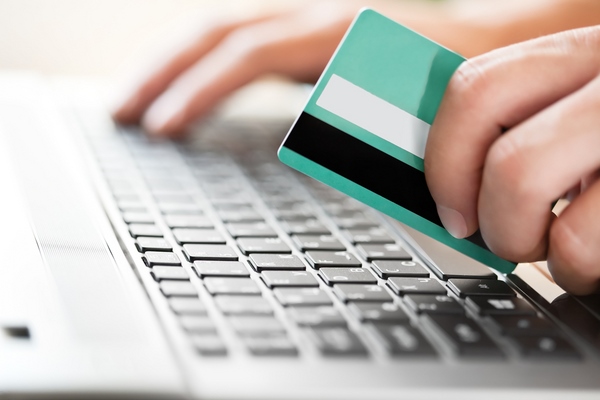
The European Union has provided guidance on the selling of products online in a bid to improve enforcement and market surveillance of the online supply chain as it moves towards a digital single market.
The guidance – which focuses on non-food products – is built on the recognition that although the "rapid growth" in e-commerce "has the potential to contribute considerably to the growth objectives of the European Union (EU)", there are "certain challenges regarding the protection of the health and safety of consumers".
According to the European Commission, 55 per cent of Europeans this year will buy products online and have them delivered to their door, "escaping the authorities' traditional controls".
The fear is that dangerous products not in line with EU product safety laws – such as counterfeits, products containing substances banned in the EU or those that carry falsified certification – will unwittingly enter the EU market.
The guidance – published in the Official Journal of the European Union – aims to assist member states in the enforcement of EU legislation on the market surveillance, safety and compliance of non-food products, of which there are two main regulations: the General Product Safety Directive and Regulation (EC) No 765/2008.
"Improved enforcement of EU rules for products sold online contributes to ensuring that non-food products are safe and compliant and further contributes to the protection of the health and safety of consumers or other end–users within the EU," the guidance says.
The guidance notes six challenges following the rise of online marketplaces. These include: difficulties tracing products and identifying responsible vendors; difficulties enforcing product rules when there is an increase of vendors from outside the EU; challenges in conducting risk assessments and safety tests; challenges in product testing when some member states have laws that do not permit mystery shopping; challenges in the application of EU accreditation and market surveillance regulations; and lack of awareness among consumers and businesses about buying and selling safe and compliant products online.
The guidance clarifies that any product sold online to the EU has to comply with EU product legislation, even if the producer is based outside the EU. The guidance also clarifies the obligations of online marketplaces in regards to removing dangerous products, as well as the responsibility of all actors in the supply chain.
Notably, the guidance touches on the new e-commerce trend of fulfilment services for marketplace sellers, such as Amazon's Fulfilment by Amazon. These services provide product storage, packaging and delivery to customers, and may also deal with returns.
This new business model of fulfilment service providers raises questions linked to their responsibilities under the EU product legislation, the guidance says.
"This is the case especially when the economic operator providing the goods is located outside the EU and the agreement to supply the product is concluded directly between that economic operator and the consumer or other end-users in the EU, without any identifiable economic operator within the EU to be held accountable (for example, an importer or an authorised representative). In such a case, the only identifiable actor in the supply chain in the EU is often the fulfilment service provider. Experience has shown that their readiness to collaborate with authorities varies significantly."
Fulfilment service providers may fall under a number of legislative definitions depending on their case-by-case relationships with vendors using their platform and fulfilment service. If Fulfilment service providers are considered distributors, for example, there are certain responsibilities they have to meet, including demonstrating market surveillance to prevent harm, ensuring products meet EU regulations such as labelling and certification, and have the ability to identify and contact the manufacturers or online operators.
E-commerce giant Amazon has come under increasing pressure recently over reports of fake goods on its platform and is facing a number of lawsuits as a result, though these are mainly in the US.
Vera Jourova, EU commissioner for justice, consumers and gender equality, said it was the duty of the European Commission to make sure online commerce was as safe as traditional shopping. "Shopping online is an easy way for consumers to shop but it should never come at the expense of safety. With the new guidelines, national surveillance authorities will be able to check products bought online and ensure that all products sold in Europe are safe."
The guidance also contributed to the further development of the "Digital Single Market", the guidance noted. "Improved product safety and compliance in e-commerce increases trust in online markets and leads to e-commerce development. Better enforcement also helps ensure a level playing field among economic operators in the traditional and online supply chains and among operators located in and outside the EU."
Meanwhile, a package of measures is expected later this year to further strengthen market surveillance in Europe.
The guidelines can be found here: http://eur-lex.europa.eu/legal-content/EN/TXT/HTML/?uri=CELEX:52017XC0801(01)&from=EN
©
SecuringIndustry.com





